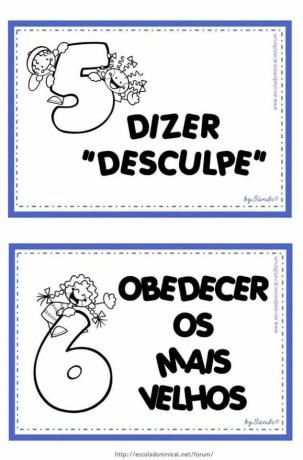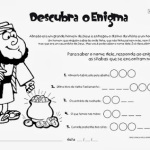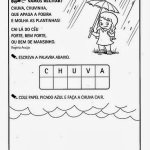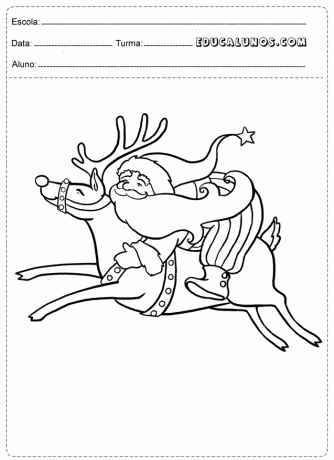Thank you for providing the teaching material that will support me in my pedagogical planning. With a clear and objective language, an image that favors the fixation and understanding of the content covered. Congratulations on the collection.
It is very important that students know how to behave in society and this can be one of the teacher's functions. Therefore, we selected activities on basic citizenship rules. Then, the teacher can take advantage of each of the tips.
Being Solidarity: Solidarity is a bond that binds us to other individuals. Today, it is a watchword for social harmony. Doing good to others and helping them, showing understanding, honesty and concern for all people is one of the greatest virtues one can have. One of the most solid tools for building a fairer society.
Be Respectful: Whether in traffic, at school, at work, on the street or on the bus. Respecting other people is a basic principle to be respected as well. Don't forget: one person's freedom ends where another's freedom begins.
Be Honest: When we seek the trust of others, we must be honest in everything we do: in our words, in our actions, and in our thoughts. Leave no room for hypocrisy, lies, falsehood and treachery. By being sincere, we earn loyalty, trust and, more easily, the friendship of others.
Always Tell the Truth: By telling the truth, you gain trust from others. With trust, friendship is won. Harmony and social progress depend a great deal on this quality.
Cooperate: Participating is always essential. Mutual cooperation between people of good values builds paths of hope for the whole of society.
Do not harm your fellow man: Whether by words or physically. Violence always generates more violence. We must always say no to any kind of violence or aggression.
Being kind, polite and responsible: Being polite and always seeking to do good are two of the most prestigious virtues in society. Good examples are always followed, so whoever kindly gives will be rewarded with kindness. We must also be responsible, always assuming everything we do. Having freedom is knowing how to bear all our obligations and all our responsibilities.
Forgiveness: When we remain resentful towards someone, we will never have the proper rest for the body and soul. Anger doesn't lead anywhere, it just serves to create more problems.
Various Authors. Step by step: on the path of knowledge: São Paulo: DCL, 2001. P. 480-481.

Model of coexistence rules for the classroom






1) According to the text, what are the basic rules for citizenship?
2) What is the meaning of the word citizenship? Cite examples of citizenship and comment on how we should exercise it?
3) According to the text, what are the advantages for someone who always tells the truth?
4) Read: "Act according to conscience and according to ethical and moral values." What is the meaning of the highlighted terms?
5) Go back to the text and review the basic rules for citizenship. Which ones are part of your daily practice? And which ones don't you usually practice?
6) Which basic rule for citizenship do you think is the most important for living in society? Because?
Did you like it? Share this post on your social network
 Coloring activities about Christmas
Coloring activities about Christmas
 biblical activities
biblical activities
 Science Activities 1st year
Science Activities 1st year
 Christmas activities for coloring
Christmas activities for coloring
 Religious Education Activities
Religious Education Activities
 Christmas activities for early childhood education
Christmas activities for early childhood education
Thank you for providing the teaching material that will support me in my pedagogical planning. With a clear and objective language, an image that favors the fixation and understanding of the content covered. Congratulations on the collection.
This site uses Akismet to reduce spam. Learn how your comment data is processed.
